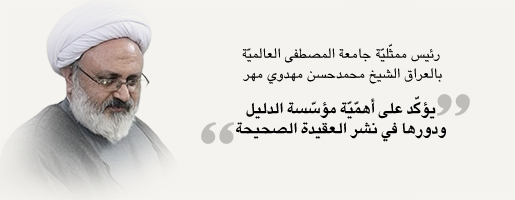
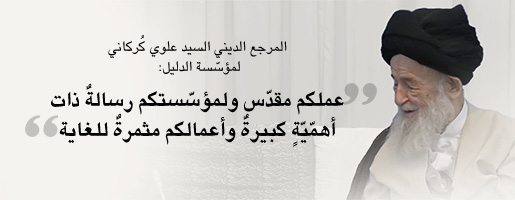
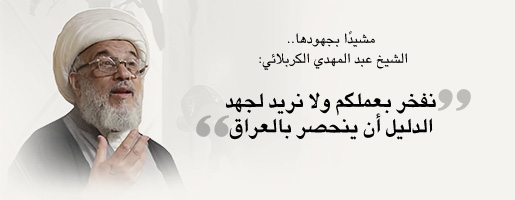

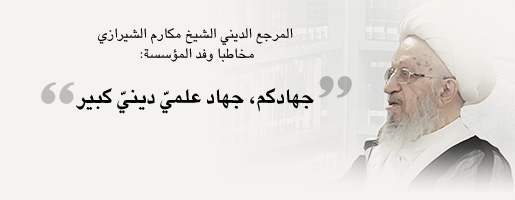

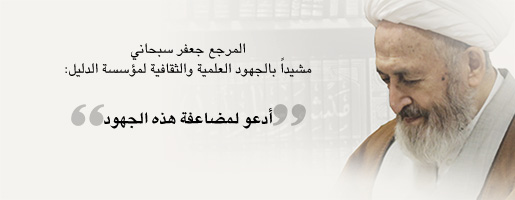
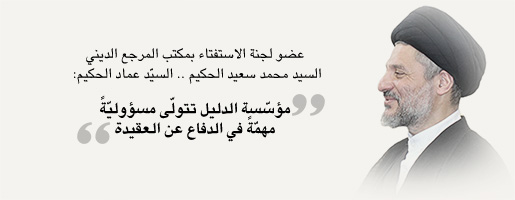

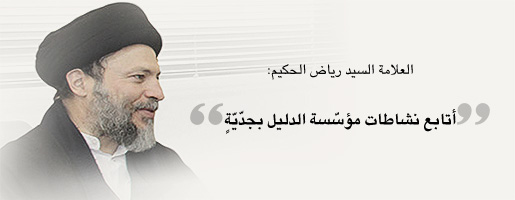
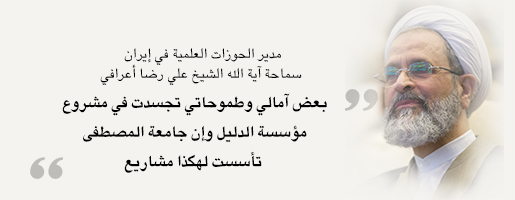
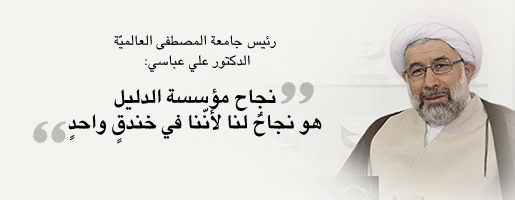

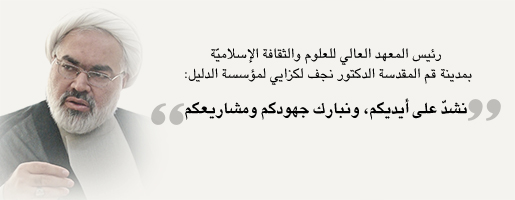
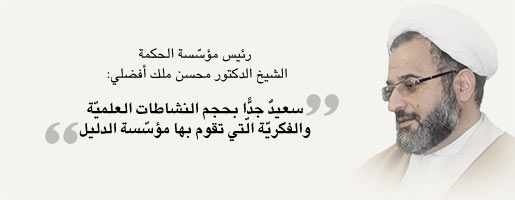



Muhammad Nassir
Summary
The demonstrative intellect has always been introduced as the major, if not the one and only, source of constructing the creeds that are pertaining to God’s existence, attributes and creational and lawmaking managing. Thus, many have regarded it as the basis of determining what they should believe in and what they should disbelieve in.
On the other hand, there has always been dispute about the intellect’s power to produce such beliefs; as some scholars refused to deem the intellect’s power to be scientific and objective, they decided surveying this topic to be unscientific and rejected all beliefs arising therefrom, others replaced the intellect (totally or partially) with the narrated and transmitted material that is ascribed to the prophets and leaders of the Divine religions or with other materials that are known as direct bursting of knowledge due to the connection with God and rejected the creed’s subordination to the evaluation and judgment of the intellect except within the primary fact, which they expressed as naturals.
It is obvious that those who oppose the absolute foundation of the creeds on reason in issues related to God have based their opposition on their denial of the idea that reason is capable of issuing true judgments absolutely. They thus claim that even the so-called rational primaries are not provably true except in the frame of the tangible things, while it is not known for sure, they believe, whether these primaries are applicable to such topics like God and His creational and administrative acts.
Conversely, those who accepted the primaries of the intellect as true rejected its judgments about further topics than these primaries; and this rejection is based either on their denial of the intellect being capable enough to trace back the hypothetical rational knowledge to the primary knowledge and their distrusting the attempts of others who tried to do so-as is shown in the words of some of them-or on the denial of the applicability of the rational primaries to all topics and existing things, as is shown in the words of others.
Throughout centuries, the founders of the Demonstrative Intellect approach who presented it in its educational form have frequently pointed to this issue, but full acquaintance with the Demonstrative Intellect approach alone can solve all these disputes. Hence, not all rational practices can assure the accuracy of its results; rather, there are five types of rational practices, each of which has its own particular purpose. Amongst these five types, only the demonstrative practice is able to explain the regulations of the act of the intellect in a way that ensures the attainment of accurate knowledge when certain principles are present, or stresses on evasion of issuing any judgment when such principles are absent.
As a conclusion, it must be noted that inasmuch as the intellect, when practicing its demonstrative effort, aims at attaining accurate knowledge
while the process of believing is founded on believing that our knowledge is accurate, it is both natural and necessary that the attitude of the demonstrative intellect to all creeds is the necessity of these creeds, in their origination and in the nature of their contents, being based on the criteria of the demonstrative rational practice.
In order to shed more light on this specific issue as swiftly as possible, the writer of the current study explained briefly what is meant by the theoretical creeds following in action the rational primaries in the criteria of their coming into being and in the nature of their contents. Naturally, this necessitates presenting a set of principles related to the rational primaries, the creeds and the theoretical construction. Hence, when principles are set, it becomes easy to understand the ideas as clearly as they are and it becomes accessible to see how the parts of objections are detached from one another after they have been arisen from either a shortcoming in the image formed about them or a flaw in the spontaneous principle of both their applicable examples and judgments
